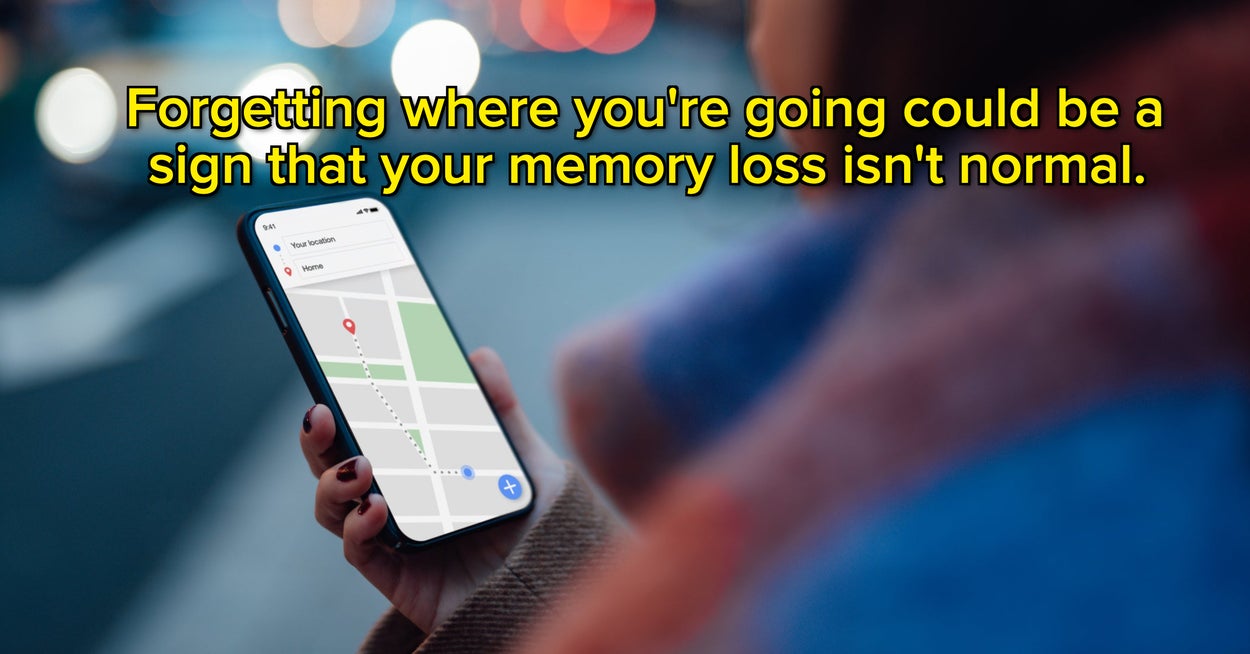Don’t panic: Memory loss does not always mean something like Alzheimer’s or dementia.
According to Bernick, one of the first things doctors look at when someone complains of memory loss is the medications they’re on.
“Medications can affect memory, even over-the-counter medicines like sleep medicines, Benadryl, for example, which is often in sleep medications,” said Bernick.
Certain prescription drugs can interfere with your memory, too, Bernick said.
Beyond medications, Mayr said hearing loss can be a factor.
“Hearing loss can be a major contributor to sort of just orienting yourself less well in your environment and just not getting enough information to keep up with conversations, and because of that, can subjectively and also, sort of in the eyes of others, manifest itself as memory loss,” Mayr said.
So, if you do have hearing loss, the best thing you can do is get hearing aids as soon as possible “because the longer you wait, the harder it is to actually use them in a productive manner,” said Mayr.
If it is something more serious, you should take action ASAP.
“It’s crucial to remember that while some memory loss is normal, significant and abnormal memory loss should not be ignored,” Carrión said. “Early detection and diagnosis of conditions like Alzheimer’s disease can lead to better management and potential treatments.”
If you are concerned about your memory loss or a loved one’s, get in touch with a health care provider, stat.
“One of the problems that we have, and that I’ve noticed in my career, is that people wait until it’s too late,” Rosenbloom said.
It’s also important to take care of your overall health to reduce your risk of problematic memory loss.
“We know that in people who do have other medical illnesses, primarily things like diabetes, high blood pressure, that treating those disorders and keeping them well managed, actually helps your brain health,” Bernick said.
“It’s not too surprising, there’s a connection between a lot of these different different disorders … it’s not just everything in isolation,” Bernick added.
Mayr added that regular exercise and nutritious food are important, too. Taking care of yourself physically (and mentally) can help you maintain your memory and help fend off any issues.
This article originally appeared on HuffPost.
Source: https://www.buzzfeed.com/jillianwilson/signs-your-memory-loss-isnt-normal
